Shared from Yahoo!Life and Megan Gleason, Albuquerque Journal, N.M.
May 27, 2024
A new directory highlights local and online businesses with sensory-friendly environments and neurodivergent awareness.
It's a way to help people with autism find everyday businesses where they feel comfortable and accepted.
Dr. Rebecca Evanko is the autistic co-founder and executive director of Wilderwood, a New Mexico-based nonprofit focused on autistic-led programs, research and services.
She said the new directory, part of the Autistic Self-Advocacy Project, or ASAP, launched at the end of April with over a hundred businesses listed, ranging from companies in Rio Rancho in the north to Belen in the south.
"With ASAP, we wanted to be able to embrace local businesses — not service providers whose business it is to assist autistic people — but everyday businesses who are aware about autism in adults and women," she said, "who make adjustments and accommodations as part of their way of doing business to make the lives of autistic people a little bit easier."
She described Waters and Company, an accounting firm in Albuquerque in the directory that has an extremely welcoming environment for her. Their office has a lot of natural light and not fluorescent lights, it's quiet and the staff are patient.
Plus, she said laughing, they have a cool dog, and animals are wonderful.
Speaking of dogs, Good Dog Grooming in Bosque Farms is another business in the directory. Groomer Scott Walton said he wanted to switch careers and ended up opening up the shop with his wife.
He knew Evanko and her husband before that, and Walton had learned from them about a lack of knowledge and recognition in society about women with autism. Walton's dog grooming office has a separate lobby for customers that's much quieter than the noisy dog grooming happening in the back.
Evanko takes her two poodles to Good Dog Grooming for a comfortable environment, Walton said.
"We're really deliberate about keeping a calm environment," Walton said.
Evanko said the services are really needed.
"These are businesses that are the heart of ASAP," she said. "They don't offer services to autistic people. They are regular businesses who have done things to make life a bit easier for autistic and neurodivergent people."
Evanko said the businesses are unlike other places she's been where she gets tense because of a loud, hectic environment. She has had to pull out a card explaining that she has autism. She said most people are receptive when they know what's going on.
Evanko said part of Wilderwood's mission is to help educate communities about autism in adults, especially people — particularly women and girls — who present differently from the stereotype.
As an example, she said, one business declined to be part of the directory with concerns of additional insurance needs to have autistic people on the premises, despite Evanko explaining autistic people aren't a liability.
"And it just didn't seem to sink in," she said. "And it just illustrated to me how pervasive these damaging stigmas and stereotypes about autism are and how much our work is therefore needed."
Evanko herself wasn't diagnosed with autism until she was in her 40s. She often heard people saying something was wrong with her when she was growing up. She described herself as very advanced in things like writing and linguistics but was also labeled as socially inept.
Her parents walked out when she was 15 years old, and Evanko dropped out of high school. Eventually, she went back to school and earned multiple degrees, but questioned — as many women do, she added — how her life would have looked if she'd had support.
"It has become my life's work, and that of my husband's, what I went through as an undiagnosed autistic person," Evanko said.
She said research about females with autism is a relatively new phenomenon, having not really earnestly started until 2019. Despite statistics that show for every one autistic female, there are four autistic males, Evanko said Wilderwood thinks it's closer to a one-to-one ratio.
Wilderwood also is creating a 20-minute film of how ASAP works, so other nonprofits can create their own programs.
Evanko said about $28,500 funded ASAP, through grants from NEXT for AUTISM and Meta's Los Lunas Data Center, and Wilderwood hired autistic and neurodivergent scouts to visit businesses.
READ FULL STORY ON YAHOO! LIFE

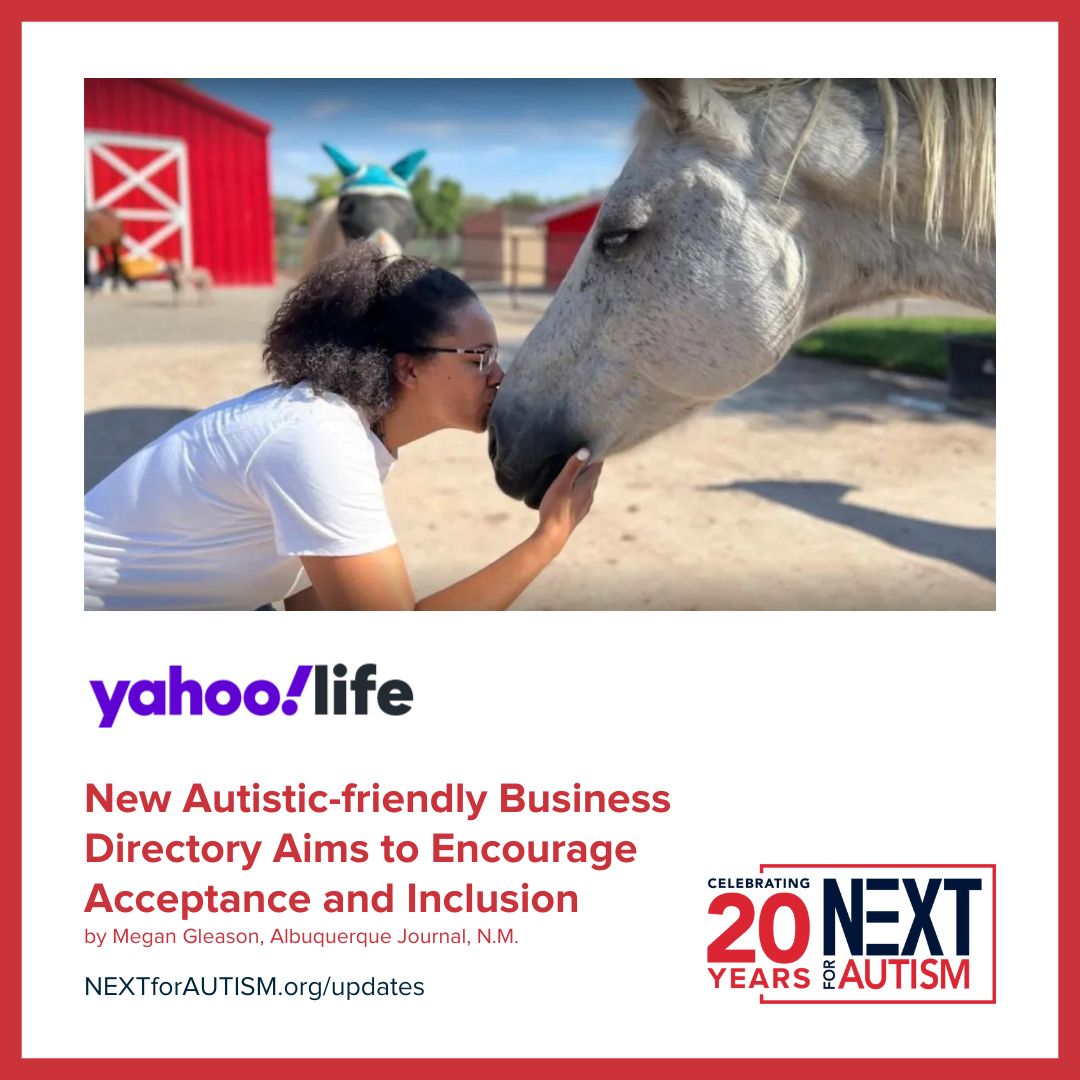
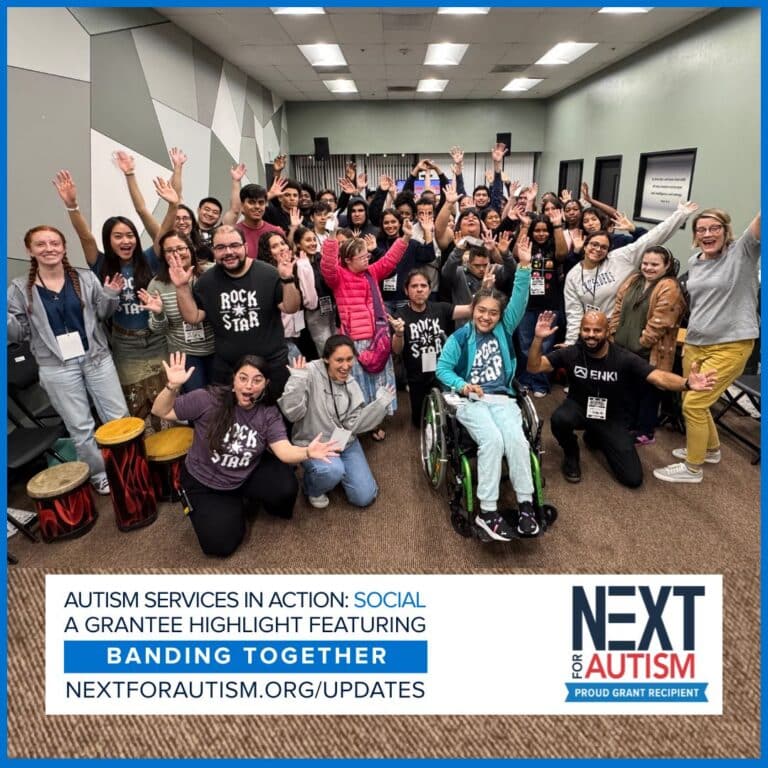
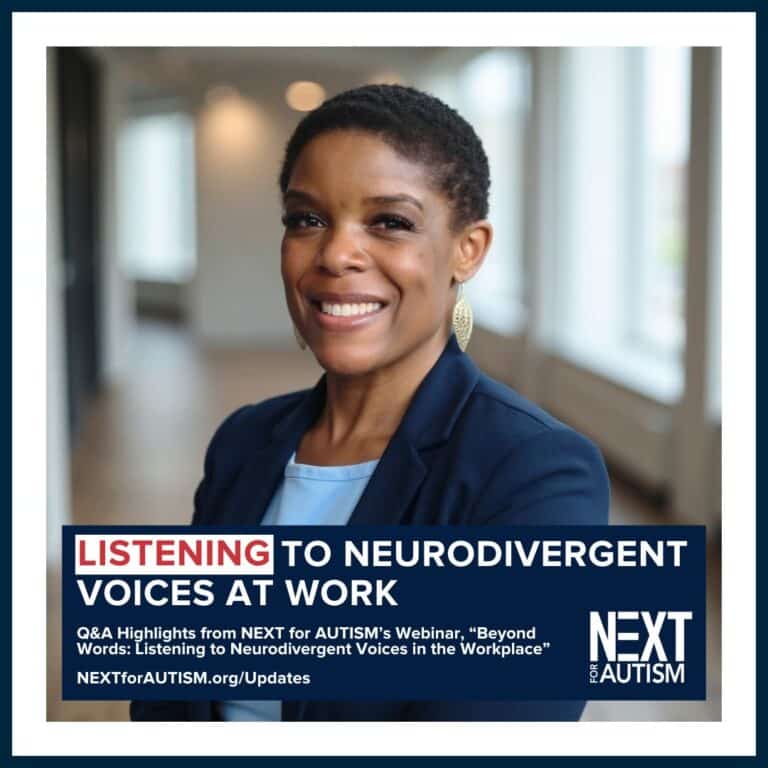
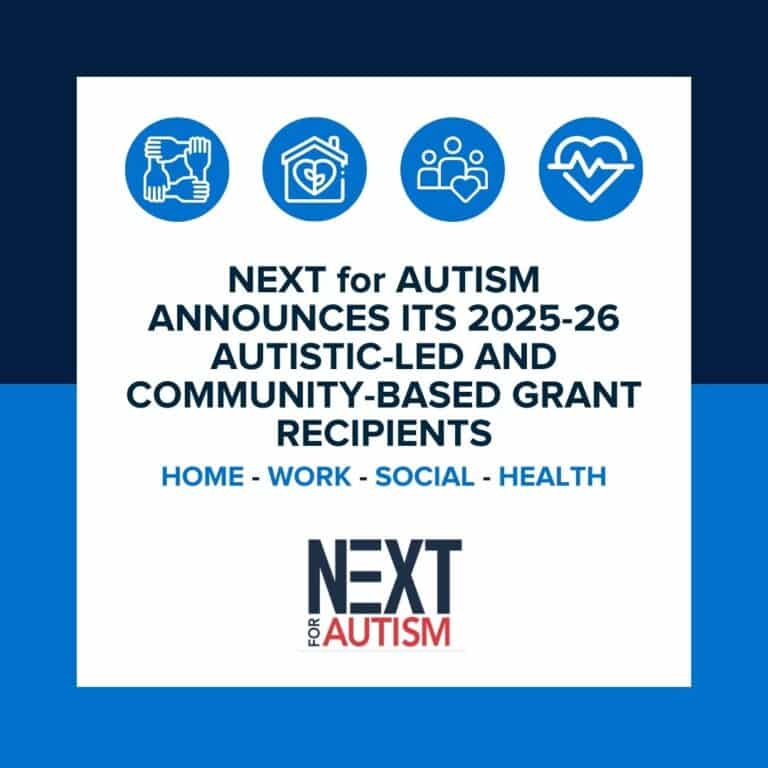

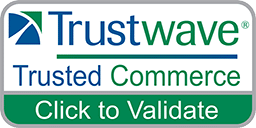
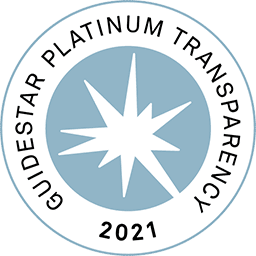
Leave a Reply